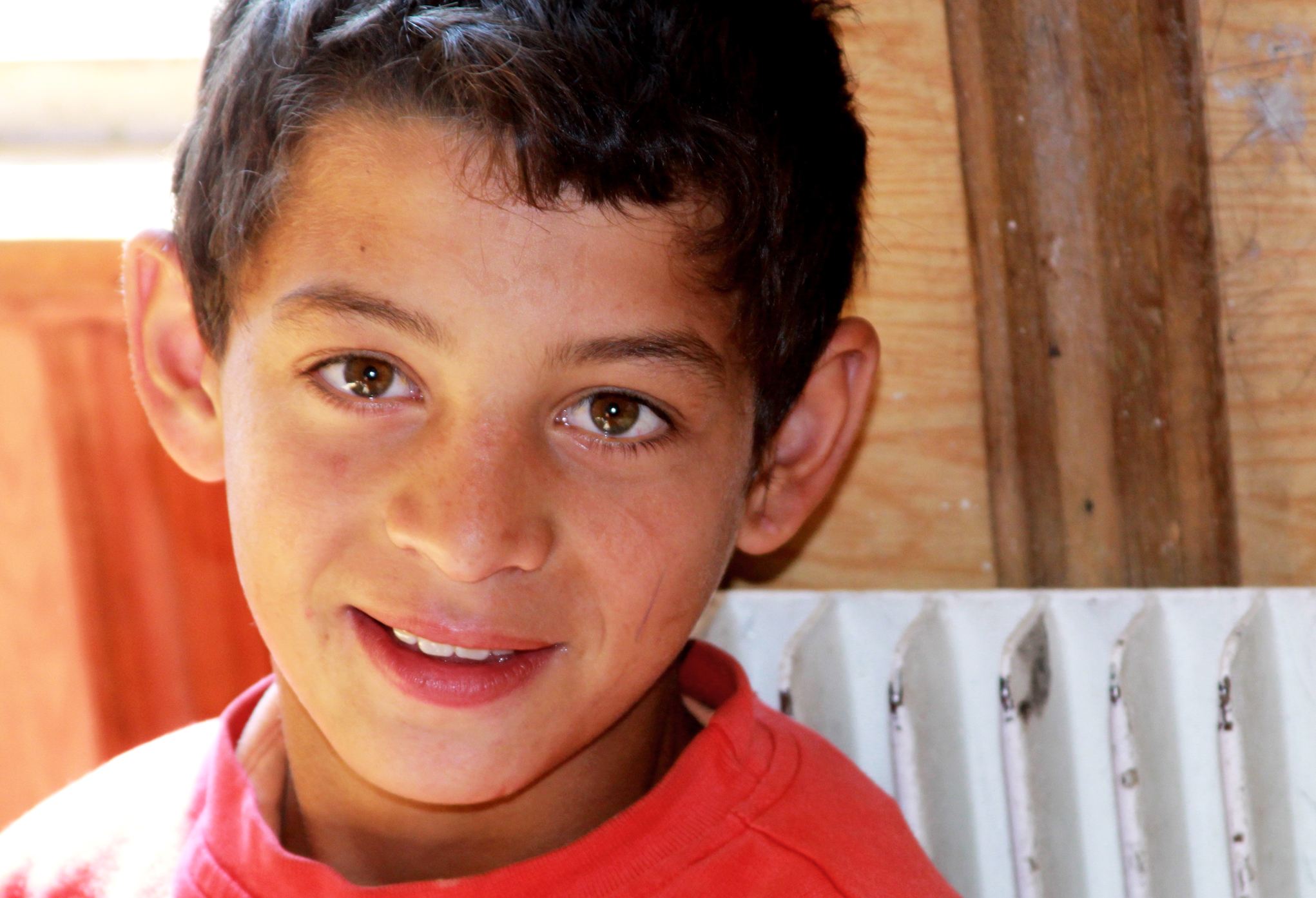UCLA Film & Television Archive to screen 'Our School,' which looks at segregation in Romania

The documentary “Our School” follows three Roma children and their efforts to integrate into the local schools in their rural Romanian town.
Credit: UCLA Film & Television Archive
By Jenna Belhumeur
April 24, 2012 7:43 a.m.
The practice of segregating children into separate classrooms, schools and life paths seems like an outdated issue for those in the United States.
Mona Nicoara’s documentary “Our School” lends filmed evidence that segregation of this nature still exists in the 21st century. The film, which follows three Roma (commonly referred to as “gypsy”) children and their efforts to integrate into the local schools in their rural Romanian town, will be featured on Wednesday as part of the UCLA Film & Television Archive’s “Archive Documentary Spotlight” series.
The bimonthly series calls attention to international documentaries that, in addition to being informative about contemporary social issues, are also beautifully made with compelling stories.
“During this day and age, documentaries have fewer platforms on which to be seen,” said Shannon Kelley, head of public programs for the UCLA Film & Television Archive. “At the same time, news establishments where people usually go for relevant contemporary information are also being compromised. … It’s just getting harder and harder to get contemporary, nonfiction stories about topics of social relevance.”
The film’s producer and director, Mona Nicoara, grew up in Romania with Roma children in her own school, and saw them slowly disappear from the schooling system as she advanced into higher levels of education. Nicoara said that she became gradually aware that education for Roma children is a major problem, not just in her country but also throughout the Transylvanian region as a whole. After starting work as a human rights activist and working with ethnic minorities, Nicoara began to understand segregation and the impact it has on entire communities.
By filming the documentary over a four-year time span, Nicoara offers a very humanized picture of racism at work in “Our School.”
“It’s basically the story of innocent children who are discriminated against because of their ethnicity, and how the adult leaders in their community very often either find ways to ignore them or figure out how to marginalize them,” Kelley said. “It’s heartbreaking to see this happen to children who are so enthusiastic about going to school with other kids and then see adults taking their world apart.”
“Our School” is a part of a larger conversation regarding school segregation. While the conversation is led by human rights and civil rights activists, the documentary has also been brought to the attention of particular authorities who have the power to bring about concrete legislation.
“Our School” was recently screened in front of the Romanian Ministry of Education, which promised to include the film in all teacher-training programs throughout the country. In May, it will also be screened in Brussels, the capital of the European Union. Nicoara said that the documentary will be utilized as a tool to help understand how European funding for immigration can be improved.
While the United States has had its own share of experience with segregation in the 1960s, the streaming of minority and immigrant children into special education programs is still ongoing in the country.
“The so-called move for “˜neighborhood schools’ in places like the Carolinas is actually a tendency toward resegregation,” Nicoara said. “I think the film is helpful and interesting from that perspective as a way to understand what’s closer to home and not just what’s far away.”
By focusing on socially conscious films not normally available through commercial theaters, the “Archive Documentary Spotlight” series allows the UCLA community to understand the experiences of those in different parts of the world in a deeper and more personalized way, Kelley said.
Third-year psychology student Karoline Krumpholz said that she thinks that many in the United States remain ignorant about segregation issues outside of the Western world.
“Even though there can be laws in place against segregation, this doesn’t always mean that there is actual change and concrete integration taking place everywhere. … We’ve seen this story play out in the United States before so I think it’s worthwhile to see it in another national context … through the eyes of another group of people,” Krumpholz said.


